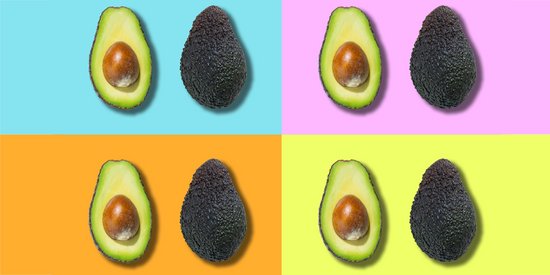First of all, let's deconstruct some preconceived ideas like "Yes, I only buy ORGANIC, it's 100% natural." In Europe, around 50 additives (out of 300) and 8 preservatives (out of 50) are authorized as being ORGANIC. Which is still a huge step forward in reducing these products in our diet. But is organic really better for your health?
Certainly, regarding the nutritional quality of fruits and vegetables, this is more advantageous than non-ORGANIC, with a composition of vitamins and mineral salts which tend to be greater than some other non-ORGANIC fruits and vegetables. See our atricle on whether eating ORGANIC is better for your health. However, when we take a look at processed products, this no longer applies! Our little guilty pleasures are always just as fat and sweet! However, organic dairy products still have a higher omega-3 content, thanks to a more substantial herbaceous animal feed.
Clearly, reduced consumption of processed products and abundance of raw products is of benefit, especially one which involves a minimum of cooking. While this may not be suitable for every situation, a moderate effort is possible for everyone.
Of course, ORGANIC products can come from all over the world and we can even eat bananas all year round. This is not very ecological though! To be truly ORGANIC should we not also consider the carbon footprint and plastic packaging?
Replacing pesticides with non-toxic alternatives is therefore the main argument for being organic today. Aim for seasonal fruits and vegetables to avoid the importation and exportation of fruits and green vegetables as much as possible, because ethylene is sprayed on our products, allowing them to ripen at the last moment and make them appear fabulous to our Western eyes. The products are picked green and then transported to cold rooms in order to maintain the viability of the products. In itself, even if the production is characterized as ORGANIC but comes from a distant country, it may not be worth the cost of importing products via highly polluting transport which would then mask the advantages of ORGANIC produce.
Organic is good but to a certain extent. Open your eyes, look at the countries of origin, and see the bare facts when you buy!









